You’ve been working hard – in school, at work and/or at home – and you’re dragging. You’re overwhelmed by the stories in the news and the suffering around the world. You’re just plain tired and want a break. The holidays are circled in your calendar, and you’re counting down the days…
But then the holidays suddenly arrive, and you realize that you aren’t experiencing the zen you had expected. During “the most wonderful time of the year” you’re feeling more stressed and anxious than before.
In a poll of over 2,000 adults conducted by the American Psychiatric Association, 41% of Americans reported an increase in stress during the holiday season. Holiday stress is a real thing. There can be stress about family dynamics, finances, logistics and planning, childcare, and competing demands, to name a few things. Fortunately, there are a few steps that you and your family can take to proactively manage stress and anxiety and to cultivate some calm amidst the chaos.
Here are some strategies to try:
Put coins in your “bank”:
Imagine your well-being as a piggy bank, with various activities and experiences serving as either deposits or withdrawals. Take a moment to identify what depletes your bank of positive energy/coins and what fills it up. Think about whether you are someone who thrives on social interactions and crowded holiday events, or whether you recharge through quiet, solitary moments. Take note of people, places, or holiday traditions that add coins to your bank and those that remove them. The goal here is to become more mindful of how empty or full your bank is and to prioritize proactively putting coins in the bank rather than waiting for them to be depleted.
Here is a specific exercise to try:
- Grab a pen and piece of paper. First, identify the people (like certain family members and friends) and elements of events and activities (like noise level, degree of crowdedness, amount of structure, etc.) that take coins out of your bank.
- Think about when this occurs and how it affects your mood, energy, and confidence.
- Next, brainstorm a list of things that put coins in your bank. Split this into three categories: things to do before, during, and after holiday events or activities. For example, before an event you could put in coins through exercise, meditation, breathing, music, or quiet time. During the event, you might replenish coins by taking a break in the bathroom, talking to a specific person who makes you feel good, or saying various mantras to yourself. After the event things like exercise, quiet time, warm baths, good movies, or time debriefing with a friend could help to fill back up your bank.
- Give the coin-filling activities a try and notice how each affects your mood and behaviors.
Be mindful of your thoughts:
During family gatherings, we can revert to old patterns of thinking and behaving from our childhoods. Our brains may try to beat us up and send us scary, upsetting, or self-defeating thoughts. It’s easy to get “hooked” by these thoughts, meaning that they control us and keep us stuck in our heads. When you notice this happening, try to bring your brain back to the present moment. Notice the thought in your head and how it influences your feelings and behaviors. Remember that just because you have a thought, that doesn’t make it true. In fact, thoughts are just interpretations of reality and they are often inaccurate and untrue.
As we teach kids at InStride Health, you have agency in how you choose to respond to unhelpful thoughts. One option is to challenge the thought by checking the facts and then coming up with a more balanced thought. For example, you could ask yourself whether there’s another way to interpret a given situation or what a friend would tell you in the situation. When you’re having anxious thoughts, in particular, you could ask yourself what you’re most afraid of, how likely it is to actually happen, and whether you could handle it if it did. Another option is to notice and name the thought and “unhook” from it. This means that you create some space between you and the thought by setting it aside and shifting your focus to what’s in front of you in the present moment.
Set expectations:
Create realistic expectations for yourself and others during the holiday season. A good starting place is to better understand your own values, needs, wants, and limits. Think back on past holiday events and activities in terms of those that drained you and those that filled you up (note: this relates back to the coins exercise above). This can help you to identify which events and activities you want to prioritize and which to de-prioritize this season.
Part of setting realistic expectations means saying “no” sometimes. While this word can lead to guilt and dread, it is an important step toward honoring your own needs and making space for the things that are actually important to you. As organizational psychologist Adam Grant said, “Saying no frees you up to say yes when it matters most to you.” Practice saying “no” at least once or twice this holiday season. Be direct with friends and family, and notice what comes up for you afterward. Also notice the space it affords you to do the things that really matter to you.
By putting coins in your bank, being mindful of your thoughts, and setting clear expectations, you will set yourself and loved ones up for more moments of calm and contentment this holiday season. Try to be present and appreciate these moments. Remember, too, that these strategies take practice, so it’s ok if they don’t go as planned the first time around. Keep practicing, and eventually they will turn into new habits.
Now that I’ve written these strategies down, I get to hold myself accountable to trying them as well this holiday season.


